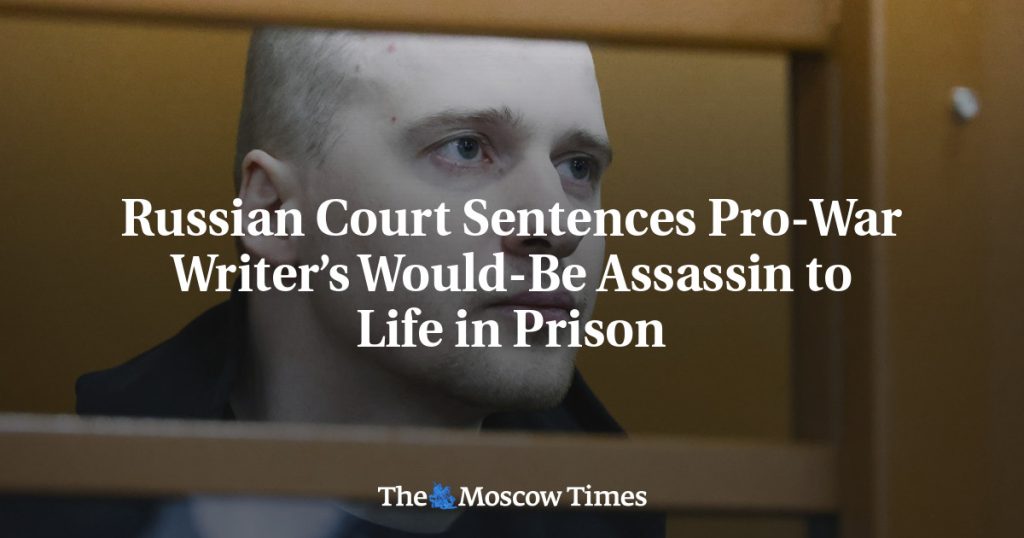The content discusses the sentencing of Ukrainian national Alexander Permyakov to life in prison for attempting to assassinate nationalist writer Zakhar Prilepin in Russia. Permyakov was arrested in May 2023 after a car bomb injured Prilepin and killed his security guard in the Nizhny Novgorod region. He pleaded guilty and cooperated with investigators, who claimed he acted on instructions from Ukrainian special services. The court found Permyakov guilty of terrorism, terrorist training, arms trafficking, and forgery, sentencing him to life in a special regime penal colony known for its harsh conditions.
Permyakov reportedly entered Russia on a Ukrainian passport after receiving sabotage training in Ukraine. He surveilled Prilepin for an extended period and planned to escape using a forged Kazakh passport. Investigations also revealed that Permyakov had an unidentified accomplice, for whom authorities have issued a search warrant. There were indications that this assassination attempt was part of a larger conspiracy involving multiple individuals and foreign actors linked to Ukrainian special services.
Zakhar Prilepin, the target of the assassination attempt, is a well-known nationalist writer known for his novels based on his experiences fighting with Russian forces in Chechnya. Since 2014, Prilepin has been a vocal supporter of pro-Russian separatists in eastern Ukraine, which may have made him a target for those opposed to his political views. The attempted assassination highlights the ongoing tensions and conflicts between Russia and Ukraine, with political motivations likely behind the attack on Prilepin.
The sentencing of Permyakov to life in prison reflects the seriousness of the crimes he committed, including terrorism, arms trafficking, and forgery. By cooperating with investigators and pleading guilty, Permyakov may have mitigated his sentence to some extent. However, the harsh conditions of the special regime penal colony where he will serve his sentence indicate the severity of his actions and the threat he posed to society.
The involvement of Ukrainian special services in orchestrating the assassination attempt raises questions about the motives behind the attack on Prilepin. It suggests a potential link to broader geopolitical tensions between Russia and Ukraine and highlights the dangerous implications of using violence as a means to achieve political goals. The search for Permyakov’s accomplice indicates that the investigation is ongoing and that there may be more individuals involved in the plot who have not yet been apprehended.
Overall, the sentencing of Alexander Permyakov for attempting to assassinate Zakhar Prilepin underscores the serious nature of the crime and the potential threat posed by individuals acting on behalf of foreign interests. The case sheds light on the complex and often volatile relationships between Russia and Ukraine, as well as the risks faced by public figures who express controversial political views. The outcome of this trial serves as a reminder of the consequences of engaging in acts of terrorism and violence in pursuit of ideological or political agendas.


